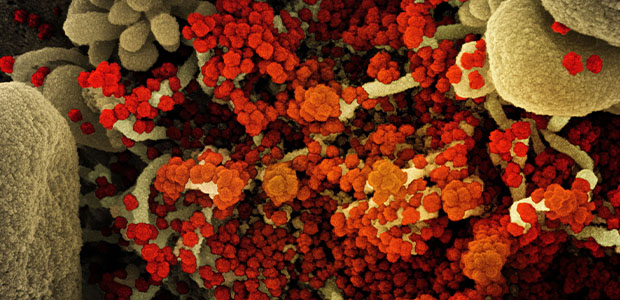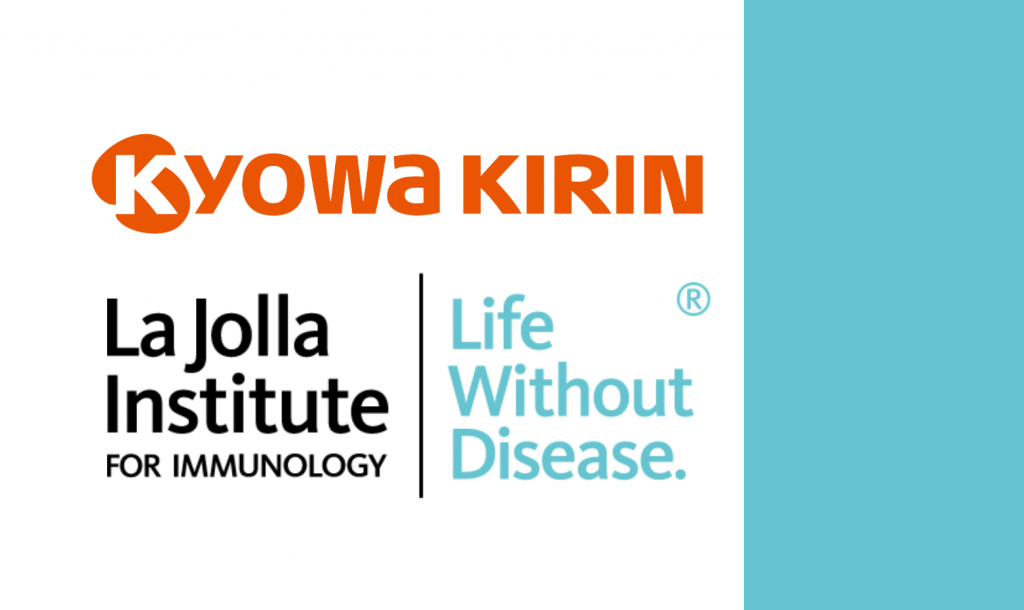LA JOLLA—COVID-19 patients around the world are experiencing lasting cardiovascular issues, even after they’ve recovered from other symptoms. In fact, one in four COVID-19 patients suffers from damage to the heart muscles, and problems with blood clotting and inflammation have been reported even in elite athletes.
“We’re concerned that there could be permanent or long-term changes in these patients,” says Catherine “Lynn” Hedrick, Ph.D., professor at La Jolla Institute for Immunology (LJI).
Hedrick recently received $523,914 in funding from the National Institutes of Health’s National Heart, Lung, and Blood Institute (NHLBI) to study how immune cells may contribute to cardiovascular problems in COVID-19 patients. Hedrick’s work will focus on how the SARS-CoV-2 virus may affect monocytes, a type of immune cell in the bloodstream.
“We know that even people with mild COVID-19 cases have changes in their monocytes,” says Hedrick. “We want to know why.”

Monocytes are part of the body’s first line of defense against viral invaders. As COVID-19 has spread, more and more studies suggest SARS-CoV-2 affects monocytes in an unexpected way. In fact, COVID-19 symptoms like abnormal blood clotting, heart damage and even lung inflammation can be tied to problems with monocytes.
For the new study, Hedrick’s lab will measure a protein that monocytes make—called tissue factor—in blood plasma from COVID-19 patients. This work will depend on LJI’s new IDEA Facility, a biosafety-level 3 laboratory designed for safe studies of highly infectious pathogens such as SARS-CoV-2.
Hedrick is also collaborating with Pandurangan Vijayanand, M.D., Ph.D., associate professor at LJI, and Christian H. Ottensmeier, M.D., Ph.D., FRCP, professor at the University of Liverpool and adjunct professor at LJI, to study gene expression in monocytes from COVID-19 patients. The team will track gene expression over several months to see how the virus may affect different subtypes of monocytes.
Hedrick also plans to work with a new mouse model, developed by the lab of LJI Professor Sujan Shresta, Ph.D., to better understand how changes in monocytes may affect cells in the cardiovascular system and lungs.
The new project is NHLBI grant 3P01HL136275-04S1.





